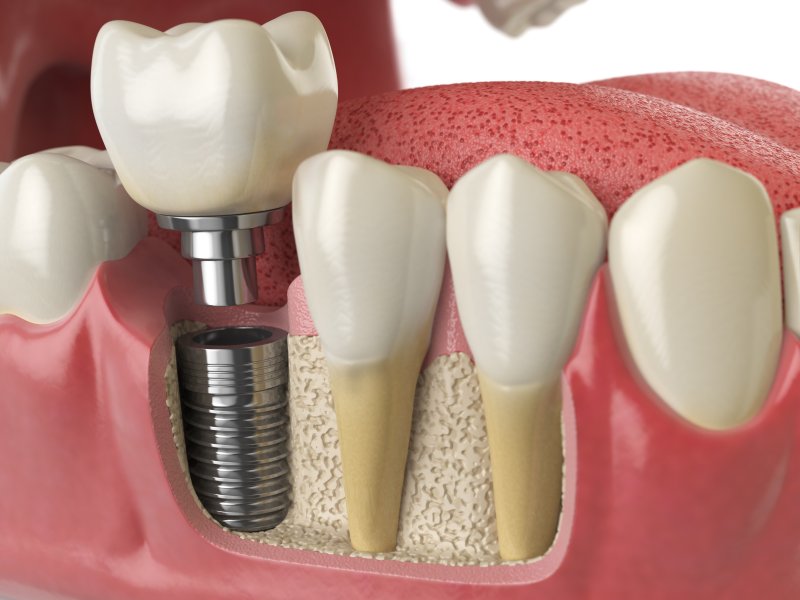
If you have a dental implant in New Orleans, it’ll likely succeed in the long term. After all, it represents treatment with a ninety-five percent success rate! Even so, remember that your implant could fail at some point. Should that happen, your dentist may need to remove it to prevent oral health issues. Luckily, though, you can learn what to expect from this procedure beforehand. Here’s a summary of why implants (sometimes) fail and what’s involved in their removal.
Why Do Implants Fail?
There are generally two classes of implant failures, both based on timing. They are:
- Early Failures: These implant failures occur within months of placement. They’re usually due to bone tissue not forming rigidly around the restoration. This poor fusion leads the implant to become loose and easily removable.
- Late Failures: Late failures are those that occur a year more after placement. They stem from premature overloading that causes your body to reject the treatment. However, some also result from an implant disease that destroys bone surrounding the titanium post.
What’s Involved in the Removal?
Dental implant removals tend to follow a set process, including:
A Safe & Effective Treatment
When your dentist removes your failed implant, they’ll use one of two methods.
The first one involves a cutting device called a trough bur. Your dentist uses said tool to cut some bone along the implant’s edge. This act will release tension that helps with the removal.
The second method, meanwhile, is more high-tech. It relies on an “adapter” that generates a high torque yield. The result is that your implant is removed without cutting any bone tissue.
No matter the approach, though, your dentist will ensure the process is pain-free. They’ll likely put you under local anesthesia and dental sedation, so you won’t feel a thing.
An Aftercare Period
Dental implant removal will have some aftercare, just like with your original placement. In particular, you should only consume cold drinks and avoid food until the anesthesia wears off. You also shouldn’t touch the implant site with your fingers or tongue. After the procedure, rest for two days and try not to strain yourself.
As you can see, implant failure is something most dental practices can handle. Visit your local dentist for a removal treatment if you experience it yourself.
About the Practice
Camenzuli Dental Excellence is based in New Orleans, LA. As led by Dr. Robert A. Camenzuli, the practice strives to create natural, functional smiles for its patients. Therefore, its staff offers preventive, cosmetic, and restorative dentistry, including emergency treatment when needed. The team is also a qualified provider of traditional braces and Invisalign clear aligners. For more information or to book an appointment, you can reach them at their website or by phone at (504)-584-4225.
